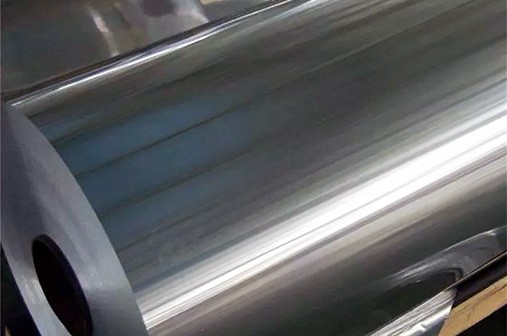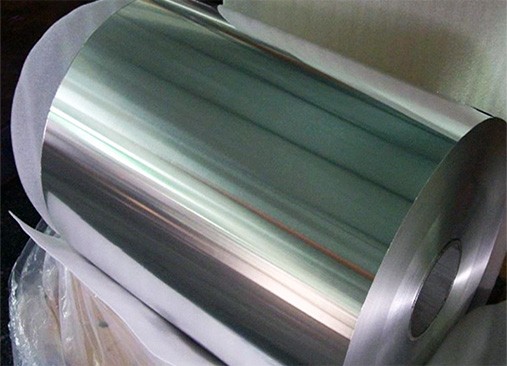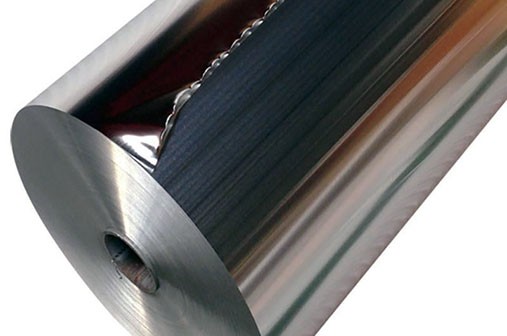- Thickness: A Critical Parameter
- Selection of pharmaceutical aluminum foil alloys
- Applications of Aluminum Foil in Pharmaceuticals
- Conclusion
The specific thickness of aluminum foil can vary based on the requirements of the pharmaceutical product and the packaging machinery used.
- Thinner aluminum foil is used because of its flexibility and cost-effectiveness.
- Slightly thicker sheets of aluminum foil may be used in applications requiring extra strength or tear resistance.
It's important to note that the thickness of aluminum foil is often measured in micrometers (µm) or mils, with 1 mil equal to 25.4 micrometers.
The pharmaceutical industry carefully selects the appropriate foil thickness to meet the specific needs of the drugs being packaged, considering factors such as protection from light, moisture, and oxygen, as well as the overall durability and integrity of the packaging.
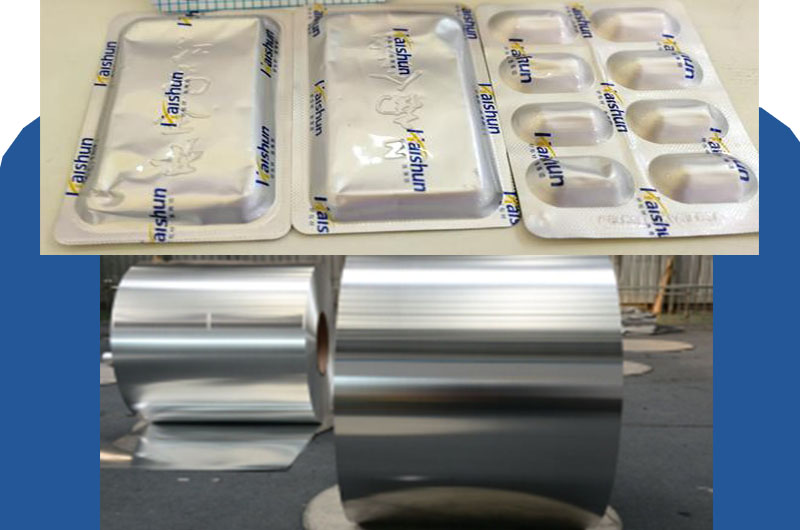
Aluminum foil has become an indispensable material in various industries, particularly in the pharmaceutical sector, where precision and reliability are paramount. In pharmaceutical packaging, the thickness and alloy of aluminum foil play crucial roles in ensuring the safety, stability, and efficacy of pharmaceutical products.
The Significance of Aluminum Foil in Pharmaceuticals
Thickness: A Critical Parameter
The thickness of aluminum foil is a critical parameter in pharmaceutical packaging, as it directly impacts the protective barrier properties and overall performance of the packaging material. The thickness is typically measured in micrometers (µm) or mils (1 mil = 25.4 µm). Pharmaceutical applications often require specific thickness ranges to meet the stringent requirements of the industry.
The pharmaceutical industry employs aluminum foil with thicknesses ranging from 6 to 30 micrometers, depending on the specific application. For example, blister packs used for solid oral dosage forms may require thinner foils, while thicker foils may be preferred for more robust packaging solutions.
Selection of pharmaceutical aluminum foil alloys
Aluminum foil used in the pharmaceutical industry is typically made from aluminum alloys that offer a balance of desirable properties. The choice of alloy is influenced by factors such as strength, formability, corrosion resistance, and cost. Three commonly used aluminum alloys in pharmaceutical packaging are:
8011 pharmaceutical aluminum foil
This alloy is widely used in pharmaceutical packaging due to its excellent combination of strength, formability, and barrier properties.
Alloy 8011 is known for its high tensile strength, making it suitable for applications where durability is essential.
It exhibits good formability, allowing it to be easily shaped into various packaging formats, including blister packs and sachets.
The alloy also provides an effective barrier against moisture, gases, and light.
8021 pharmaceutical aluminum foil
Alloy 8021 is another popular choice in the pharmaceutical industry, offering enhanced barrier properties compared to Alloy 8011.
It is often employed in applications where higher protection against moisture and gases is required.
Alloy 8021 is well-suited for tropical climates or situations where extended shelf life is crucial.
8079 pharmaceutical aluminum foil
Alloy 8079 is recognized for its excellent corrosion resistance, making it suitable for pharmaceutical packaging applications.
It is commonly used in multilayer laminates where a combination of materials is employed to achieve specific performance criteria.
This alloy is particularly favored in applications where the foil comes into direct contact with the pharmaceutical product.
The choice of alloy is determined by the specific requirements of the pharmaceutical product, including its sensitivity to environmental factors, the desired shelf life, and the manufacturing processes involved.
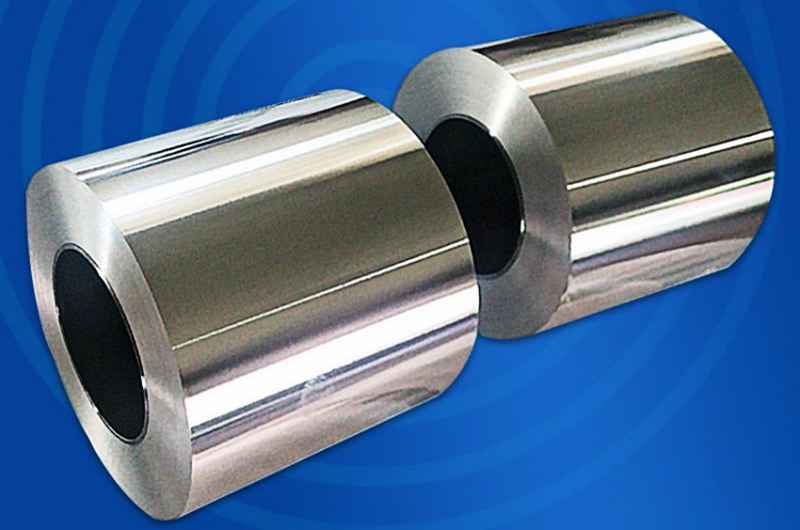
Applications of Aluminum Foil in Pharmaceuticals
Blister packs are widely used in the pharmaceutical industry to protect solid oral dosage forms such as tablets and capsules.
Aluminum foil provides an effective barrier against moisture and contaminants, ensuring the stability and integrity of the enclosed pharmaceutical product.
Strip Packaging
Strip packaging involves sealing individual doses of pharmaceutical products in strips made of aluminum foil.
This packaging format is commonly used for medications that need to be dispensed in unit doses, enhancing convenience for both healthcare providers and patients.
Sachets and Pouches
Sachets and pouches made of aluminum foil are employed for packaging powders, granules, and liquids in the pharmaceutical industry.
The foil provides an excellent barrier, preventing the ingress of moisture and maintaining the quality of the enclosed product.
Cold forming is a process where aluminum foil is shaped into cavities to contain pharmaceutical products.
The resulting blister packs offer enhanced protection and are often used for sensitive medications.
Conclusion
In conclusion, the thickness and alloy of aluminum foil play a pivotal role in the pharmaceutical industry, influencing the effectiveness of packaging solutions and the protection of pharmaceutical products. The selection of the appropriate alloy, combined with precise thickness control, ensures that the foil meets the specific requirements of the pharmaceutical application.
As the pharmaceutical industry continues to evolve, the demand for advanced packaging solutions that provide optimal protection and convenience will drive further innovation in aluminum foil technologies. Manufacturers and researchers will continue to explore new alloys, manufacturing processes, and packaging formats to meet the evolving needs of the pharmaceutical sector, contributing to the safe and reliable delivery of medications to patients worldwide.
Informations you may be interested in:
- 8011 Aluminum Foil for Sealing Medical Bottles
- Cold Formed Medicinal 8021-O Aluminum Foil
- 8021 Aluminum Foil for Medical Blister Packaging
- Why medicines are kept in aluminium foil?
- What is the use of aluminum foil in pharmaceutical industry?
- Aluminum foil pharma grade 8011 H18
- Cold Forming Blister Foil Pharmaceutical Packaging
- Medicine packaging material PTP 8011 aluminum foil

